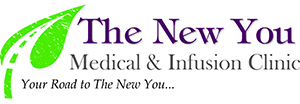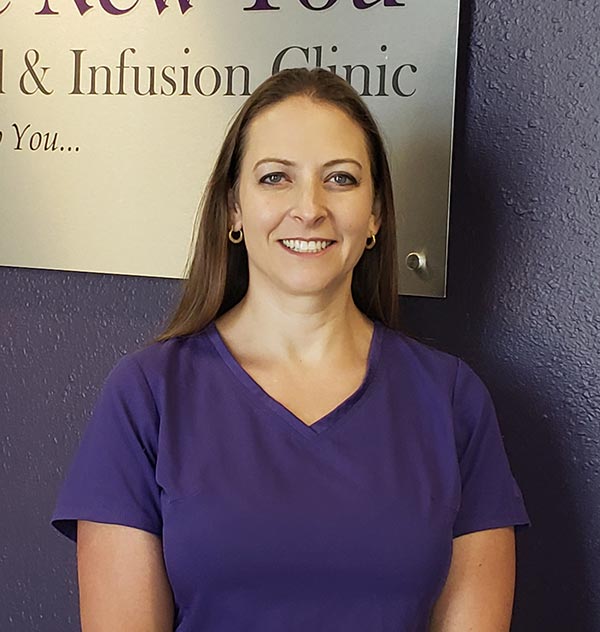PANS (Pediatric Acute-Onset Neuropsychiatric Syndrome) Treatment Specialist in Sunnyvale, TX

All children adopt strange behaviors sometimes—that’s just part of growing up. But sometimes children become depressed, anxious, obsessive-compulsive, or lose math and writing skills. When the cause is unclear, parents naturally become increasingly concerned.
If you’ve noticed any of these symptoms, your child may be experiencing pediatric acute-onset neuropsychiatric syndrome (PANS). While autoimmune disease research continues, professionals have outlined a three-part treatment plan to help patients and their families manage the condition. To learn more about PANS treatment in Sunnyvale, call (817) 203-2760 or contact Ms. Jessica Stangenwald online today.
Frequently Asked Questions
What are the Symptoms of PANS?
It’s easy to confuse symptoms of PANS with those of obsessive-compulsive disorder (OCD) or an eating disorder. While PANS shares attributes with these conditions, PANS symptoms appear suddenly, sometimes overnight. Besides OCD and restricted food intake, PANS is defined as having at least 2 or more of the following symptoms:
- Depression
- Irritability
- Anxiety
- Personality changes
- Sensory sensitivities
- Behavior (developmental) regression
- Decline in math skills and writing ability
- Sleep disturbances
- Frequent urination or bed-wetting
- Mood swings
- Uncontrollable movements
These symptoms may worsen suddenly with infections and take a while to improve.
Children displaying these symptoms may have PANDAS (pediatric acute-onset neuropsychiatric disorders associated with streptococcus) instead. PANDAS is considered the only type (subset) of PANS.
While PANS and PANDAS share many of the same symptoms, PANDAS is specifically associated with strep infection. The name PANS was created to address the symptoms of the disease rather than its causes.
What Causes PANS?
The exact cause of PANS is unknown. Medical experts believe some foreign substance triggers an autoimmune response causing brain inflammation, which alters a child’s behavior and cognitive abilities. PANS usually affects children between the ages of 3 and 12.
Triggers may include infections like:
- Strep throat
- Flu
- Chicken pox
- Lyme disease
Metabolic disturbances and other inflammatory reactions may also be to blame.
PANS is considered a rare condition. The majority of children who get these common infections will not develop PANS. Similarly, most children who have OCD or an eating disorder did not develop the condition because of PANS.
How is PANS Treated?
If your child displays symptoms of PANS, you should seek full medical evaluation, including a(n):
- Psychiatric
- Infectious disease
- Neurological
- Genetic
Three main guidelines have been established by the Journal of Child and Adolescent Psychopharmacology regarding PANS treatment:
- Addressing symptoms like obsessive-compulsion, eating restrictions, anxiety, and irritability with psychiatric and behavioral interventions
- Treating immune system problems with immunomodulatory therapies, nonsteroidal anti-inflammatory drugs (NSAIDs), and oral corticosteroids
- Treating and preventing infections, like Lyme disease, that occur alongside PANS
Psychological therapy, cognitive behavior therapy, supportive therapies, medication, and education can be used to treat psychiatric symptoms like obsessive-compulsion.
The following chart outlines what immunomodulatory therapies are used to treat PANS, and in what context:
Immunomodulatory Therapies for PANS |
|
| Levels of Severity | Treatment Methods |
| Mild |
|
| Moderate-to-Severe |
|
| Extreme/Life-Threatening |
|
If your child’s symptoms are being caused by an infection, antibiotics may be used. While symptoms can improve within one week of antibiotic treatment, prolonged antibiotics (two months to one year) may be needed. Other prevention or treatment methods for infections include:
- Strep throat treatment for newly-diagnosed PANS patients
- Closely monitoring patient for signs of other infections
- Standard immunizations
Your healthcare provider will work with you to determine your child’s best treatment method.
Book Your Appointment Today
Pediatric acute-onset neuropsychiatric syndrome can be difficult for children and their families, but there are many ways to address and resolve the issue. To find a PANS doctor in Sunnyvale, call (817) 203-2760 or contact Ms. Jessica Stangenwald online today.
The New You Medical & Infusion Clinic
Address
100 Grapevine HwyHurst, TX 76054
(817) 203-2760
https://www.newyoumedclinic.com/
Hours
Mon:
10:00 am - 6:00 pm
Tue:
10:00 am - 6:00 pm
Wed:
10:00 am - 6:00 pm
Thu:
10:00 am - 6:00 pm
Fri:
Closed
Sat:
Closed
Sun:
Closed


